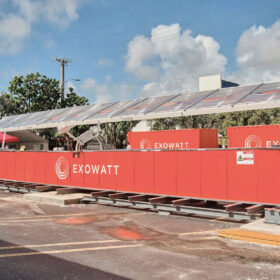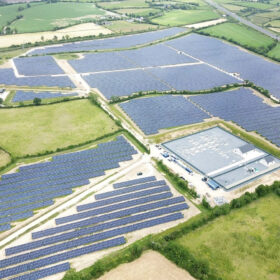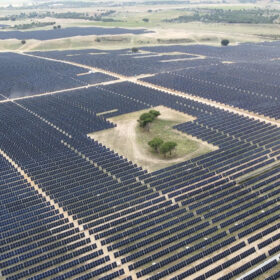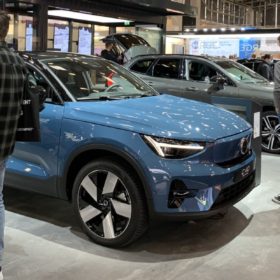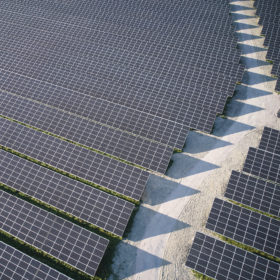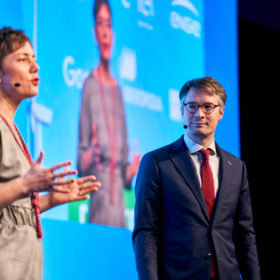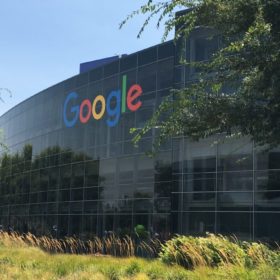The challenge of truly clean-powered operations
Growing corporate interest in hourly matching power purchase agreements (PPAs) is expected to drive the pairing of PV, wind, and battery energy storage systems (BESS), with potential broader impacts on the energy procurement market, as Neil Ford reports.
Powering the AI revolution
Developers from the renewable energy and data center markets are working to find common ground to meet surging energy demand fueled by the artificial intelligence boom.
Pioneers in Irish solar energy
From modest beginnings in 2011, Power Capital Renewable Energy (PCRE) has become one of Ireland’s foremost independent power producers (IPPs). Joint CEO and co-founder Justin Brown told pv magazine that despite Ireland’s challenging environment for solar, the company sees a lot of opportunity and is taking full advantage.
Major US corporations embracing community solar
The Coalition for Community Solar Access (CCSA) says that household names such as Microsoft, Google, Walmart, Starbucks, Rivian, Wendy’s, and T-Mobile are just a few of the Fortune 500 companies that have signed agreements with community solar developers.
PPAs offer protection
Europe is witnessing a surge in power purchase agreements (PPAs). Over the past four years, the number of European PPA transactions has trebled. More than 180 deals were signed in 2022 alone and the trend is expected to continue, especially for solar projects.
Consumers have a right to know the energy make-up of goods
With energy certification already a must-have for any business which makes green energy claims, Ed Everson, chief executive of England-based, global certification company Evident, makes the case for firms to be required to make full disclosure of their energy sources.
Weekend read: A game of risk
The rising popularity of “baseload” power purchase agreements (PPAs) has posed questions to solar electricity suppliers in the German market. How can projects that do not generate at night, and with wide seasonal output variation, effectively supply constant power to consumers? More importantly, who shoulders the price risk?
Google lends a hand in the search for new solar cell designs with open-source tool
Scientists in the United States developed a computer simulator that can calculate the conversion efficiency of different solar cell materials and configurations – helping to guide research and optimization of new cell designs. The simulator is available to researchers as an open-source tool to save time and spot the best opportunities for optimization of any given approach.
Re-Source 2021 Recap
Re-Source 2021 took place in Amsterdam at the end of last week, and pv magazine was there to cover the event where the suppliers and sellers of renewable power purchase agreements (PPAs) meet the (largely corporate) buyers, though encouraging PPA uptake among small and medium-sized enterprises (SMEs) was among the major talking points, including ‘additionality’, de-risking renewable PPAs and 24/7 matching.
Interview: Corporates’ climate commitments open doors for massive renewable energy deployment
Corporate renewable energy purchases are at an all time high. In Europe alone, a record-breaking 4 GW of corporate power purchase agreements were signed in 2020, bringing the overall total to 15 GW. Globally, this figure is even higher. As part of the UP Initiative’s quarterly theme on ‘Sustainable electricity and corporates’ critical solar role’, pv magazine spoke to Hannah Hunt, Impact Director at RE-Source, a European alliance of stakeholders representing clean energy buyers and suppliers, about how the business model landscape for such purchases is evolving, and the challenges the sector faces, including shortages in renewable energy supply across Europe.

